The common parasitic horn fly (Haemotabia irritans) can drain up to...
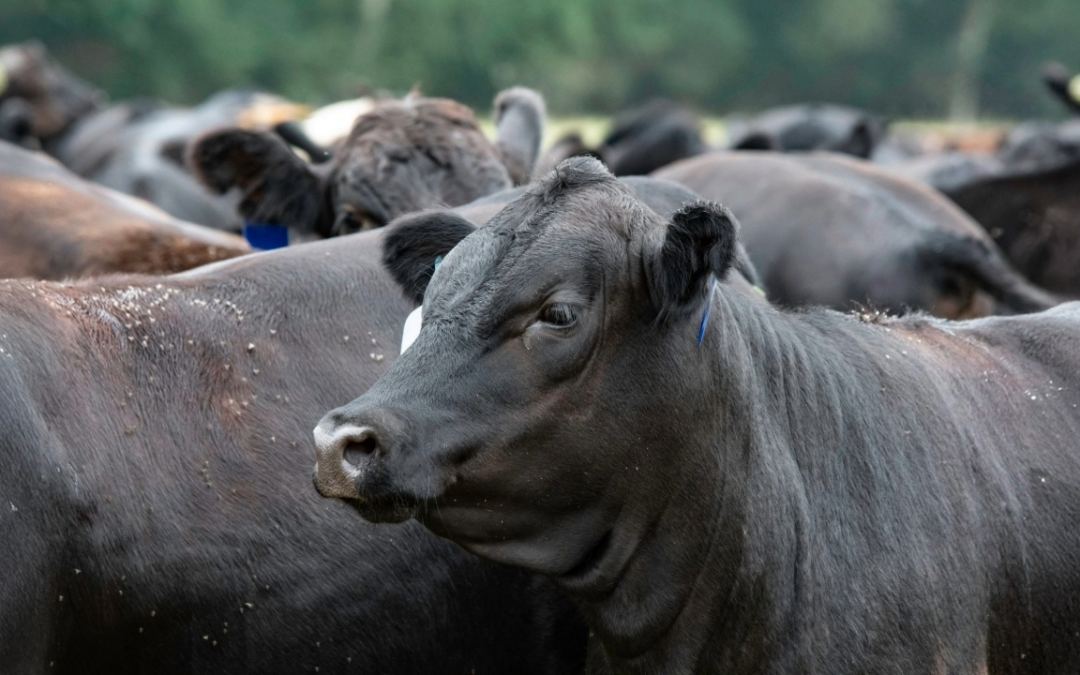

The common parasitic horn fly (Haemotabia irritans) can drain up to...
Auburn University’s Biosystems Engineering faculty and students garnered high honors and awards recognition through a prestigious international organization. Earlier this month, the American Society of Agricultural and Biological Engineers (ASABE) and their...
A fierce battle is being waged between cotton and polyester, with polyester edging ahead as the most widely used fiber in the world, for now. In fact, synthetic materials account for more than half of today’s overall market share. If cotton wants to remain viable in...
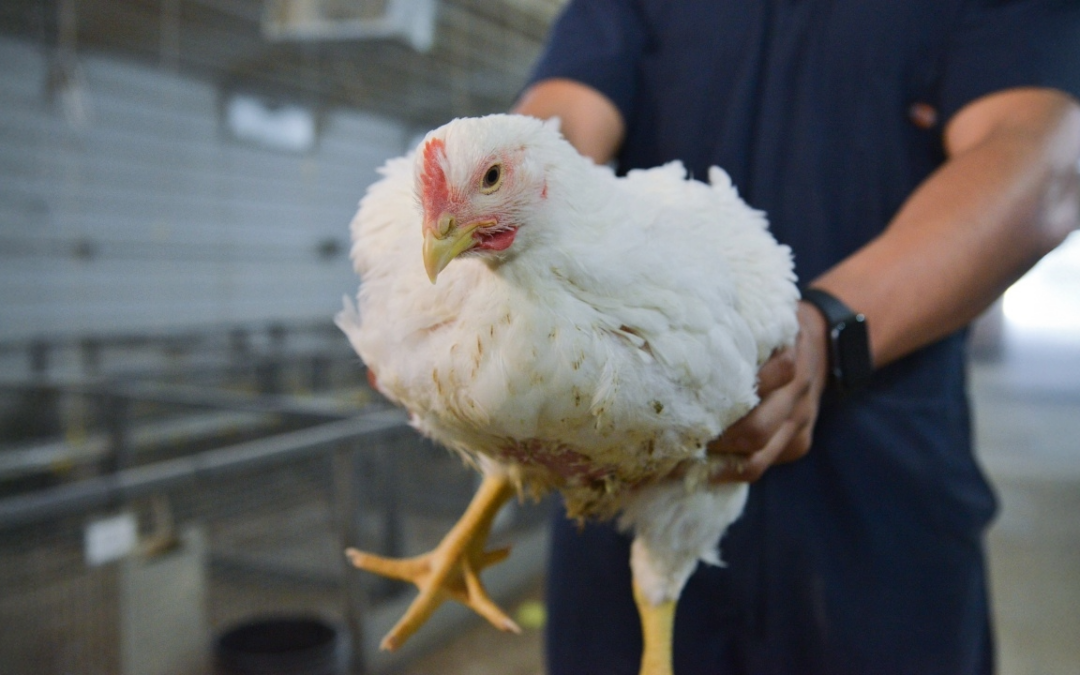
Researchers at Auburn University recently developed new methods for safely using poultry processing wastewater for food-grade hydroponic crop production. By eliminating...

Auburn University’s Biosystems Engineering faculty and students garnered high honors and awards recognition through a prestigious international organization.
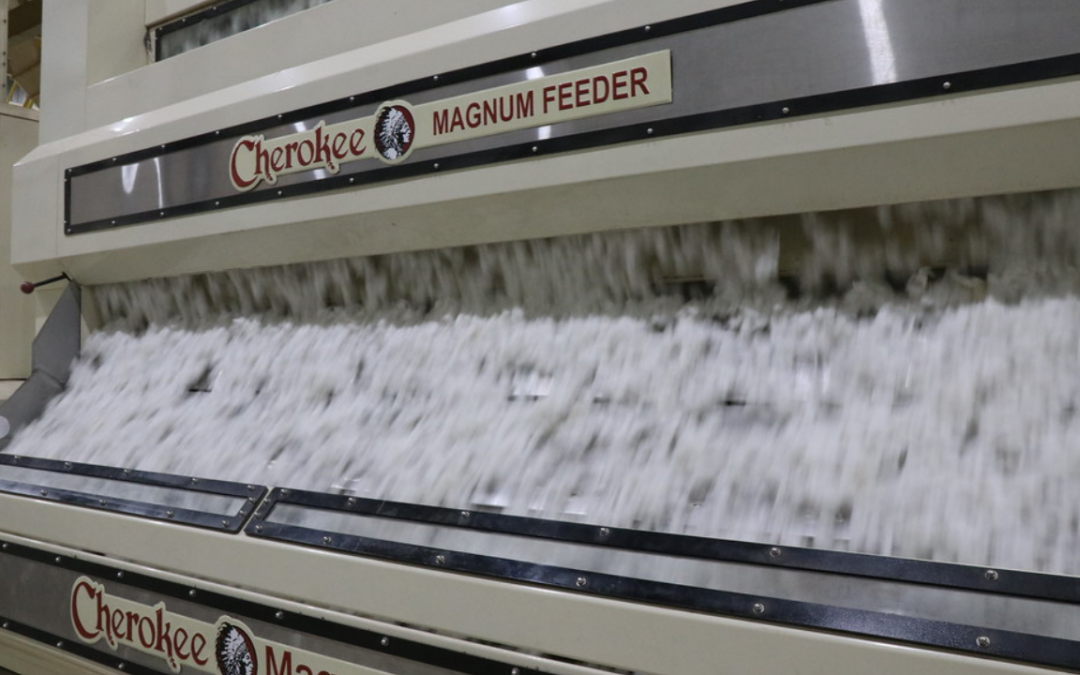
A fierce battle is being waged between cotton and polyester, with polyester edging ahead as the most widely used fiber in the world, for now. In fact, synthetic materials account for more than half of today’s overall market share.
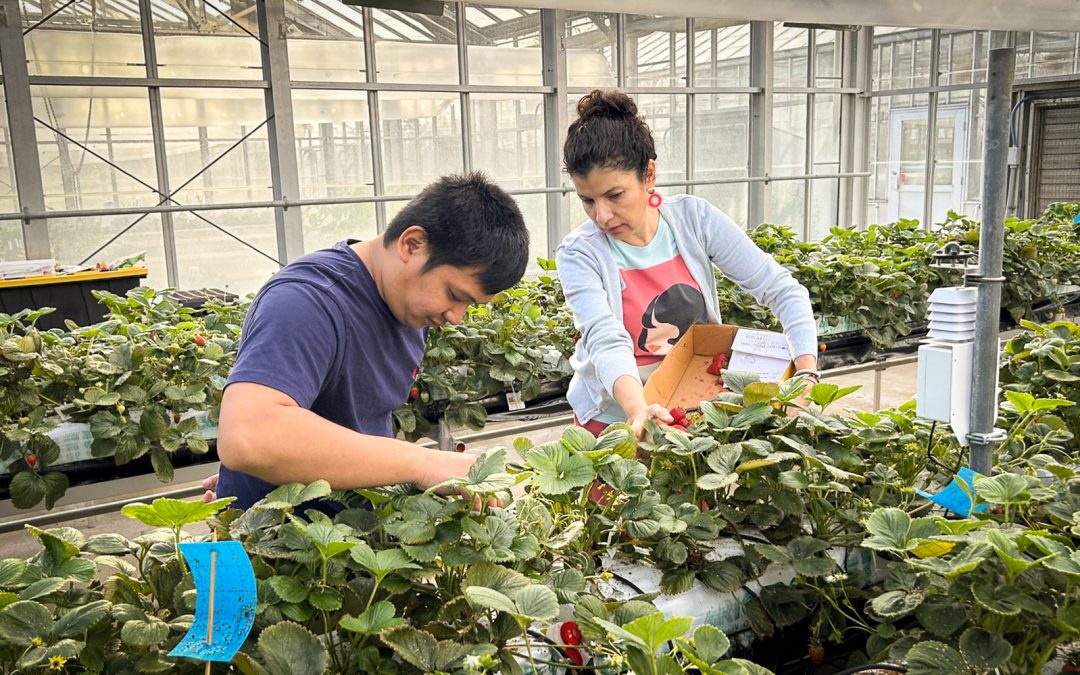
Fresh Alabama strawberries in November, December, January and February? It’s not as far-fetched as it may sound. In fact, research taking place at the Auburn University Alabama Agricultural Experiment Station (AAES) is showing great promise in growing strawberries in...

The National Oceanic and Atmospheric Administration awarded Auburn University’s Di Tian a two-year, $313,420 grant to develop improved long-term, high-resolution precipitation data over the United States. Tian is an associate professor in Auburn’s Department of Crop,...
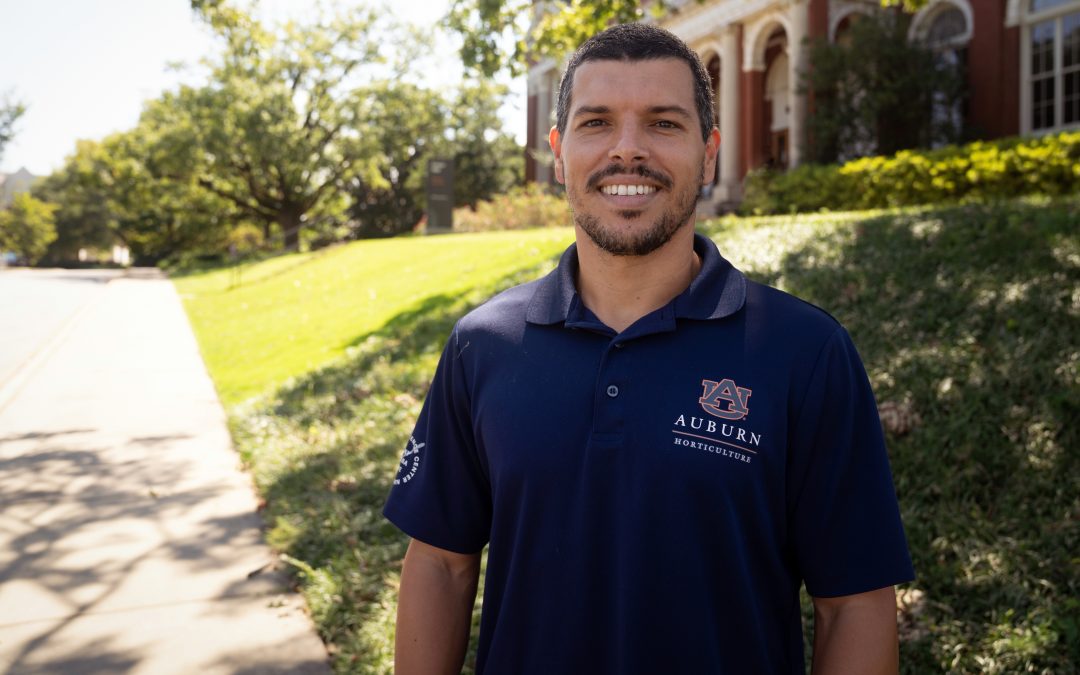
By Rachel Damiani Assistant Professor Andre da Silva is conducting cutting-edge research on ways to grow hops in Alabama within Auburn University’s Department of Horticulture in collaboration with faculty, industry leaders and students. As an Alabama Extension...

Students in the Auburn University College of Agriculture excelled in statewide, regional and national competitions this fall. Below is a sampling of the prestigious awards garnered by deserving students in our college. Students place in national agronomy competition...
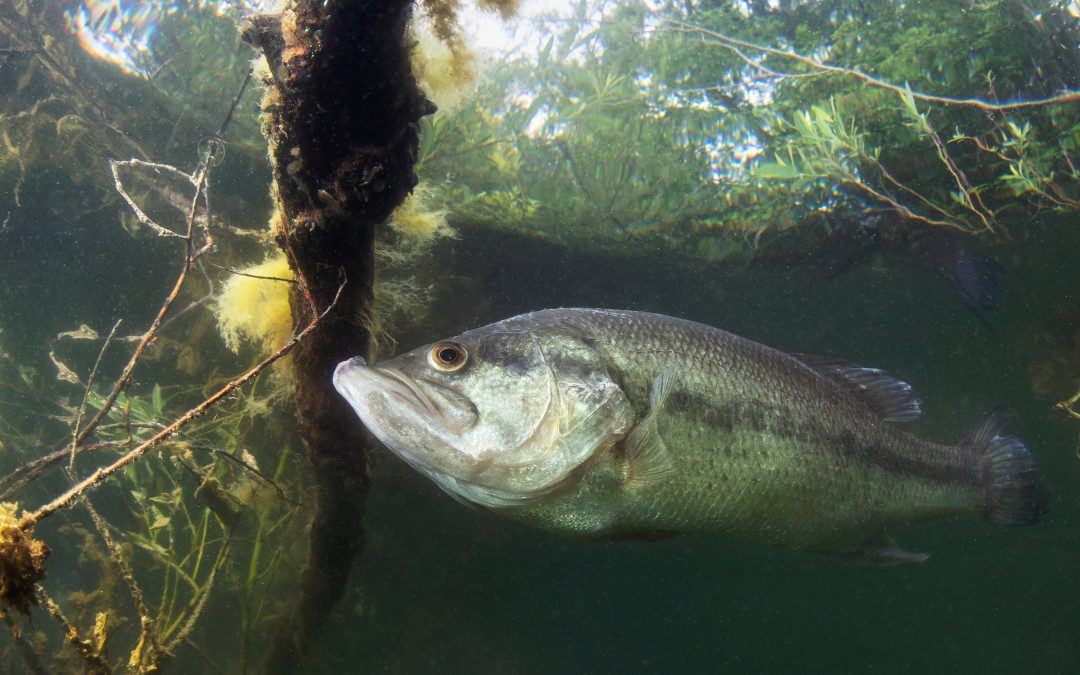
Research made possible by $650,000 USDA-NIFA grant By Adam Cletzer In the $1.5 billion U. S. aquaculture industry, largemouth bass production is a small fry. The fish’s unusually high mortality rate across all stages of production makes it a challenge for farmers to...
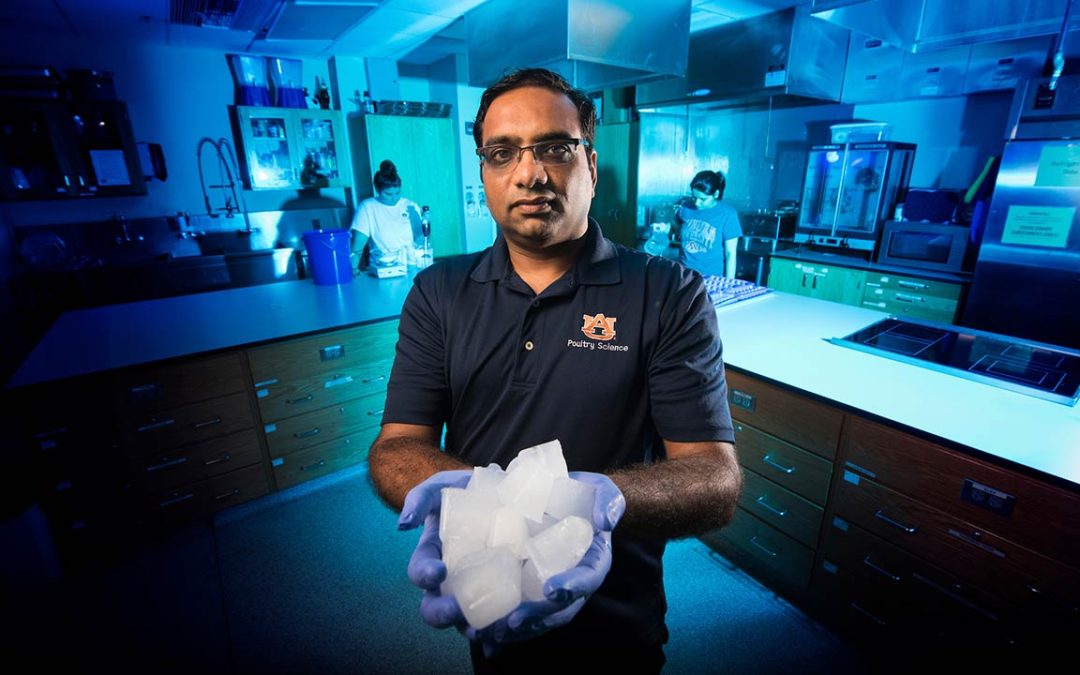
This week’s segment of the Everything Auburn podcast delves into the research of one of Auburn's rockstar professor experts, Amit Morey, and his work in improving the quality and safety of poultry products. Morey is an associate professor of poultry science in...
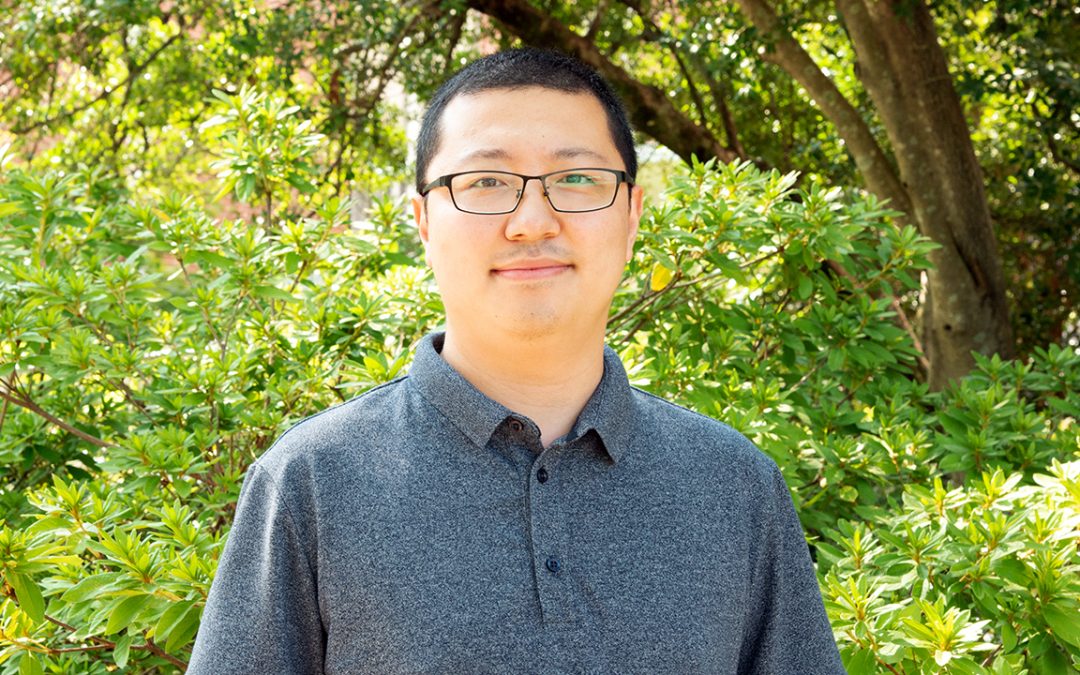
The U.S. Department of Agriculture (USDA) National Institute of Food and Agriculture (NIFA) has announced an investment of nearly $22 million in agricultural economics research that includes agricultural markets, international trade, farm labor, consumer behavior and...
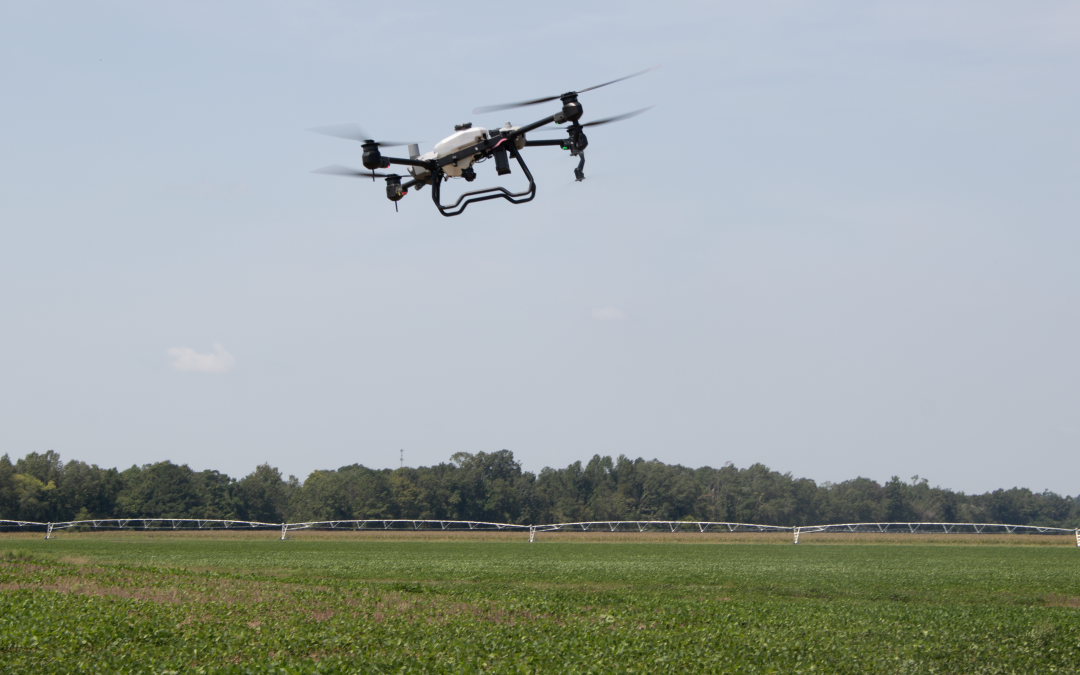
While drones were initially used in agriculture primarily for collecting crop and field-condition data, Auburn University researcher Steve Li is leading an effort to explore how the small, remotely piloted aircraft can be used to apply pesticides and other farm...

Blueberry breeding and research at Auburn University received new support in the form of a $5.2 million award from the USDA Specialty Crops Research Initiative Program. Sushan Ru, an assistant professor and blueberry breeder in the Department of Horticulture, was part...
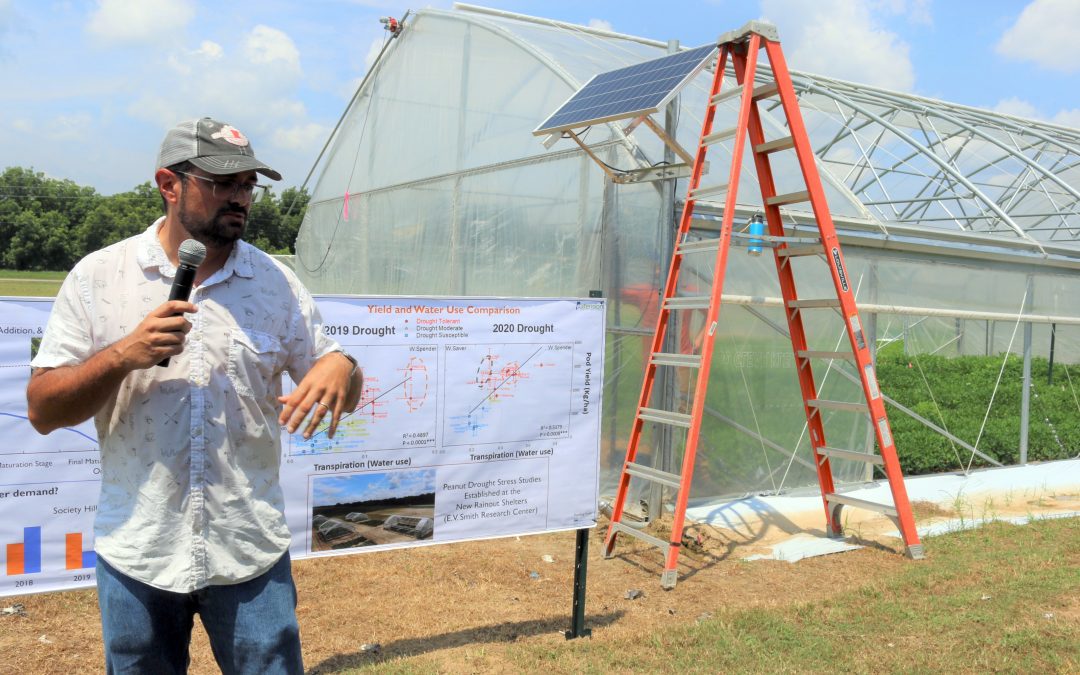
Auburn researchers look for drought tolerance The old adage of not being able to control the weather might be true, but Auburn researchers are looking for ways to at least mitigate the effects of drought on peanut production. The American Peanut Council has identified...
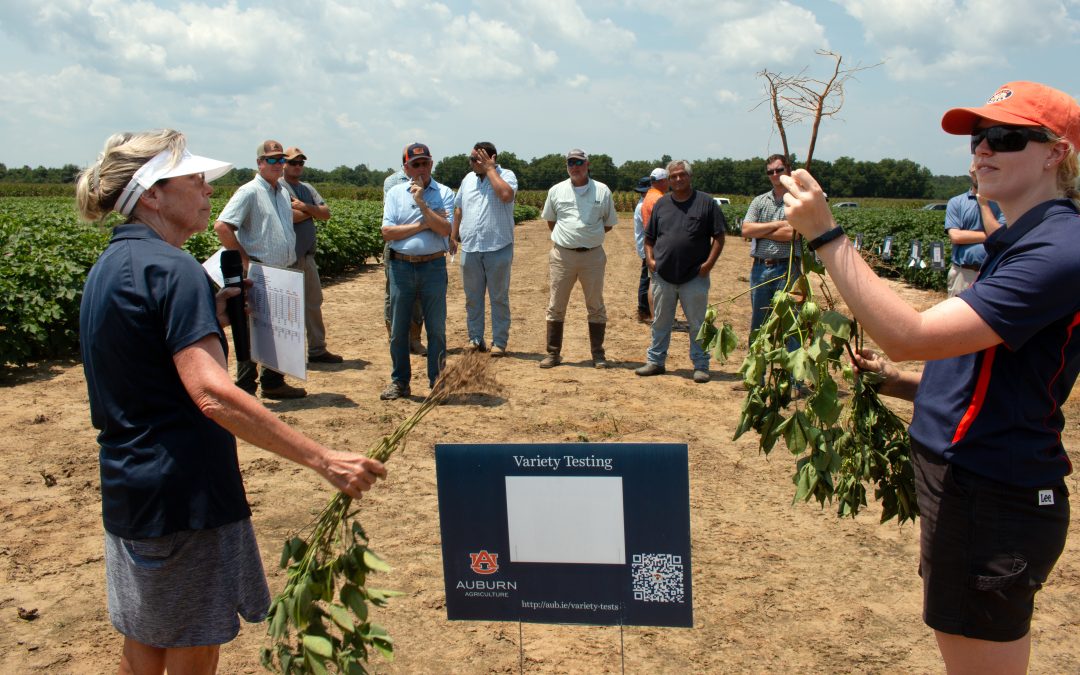
Farmers have a hard enough time battling the pests they can see. The ones they can’t see — like plant parasitic nematodes — present another challenge altogether. These worm-like, sometimes microscopic animals are major agricultural pathogens that attack Alabama crop...
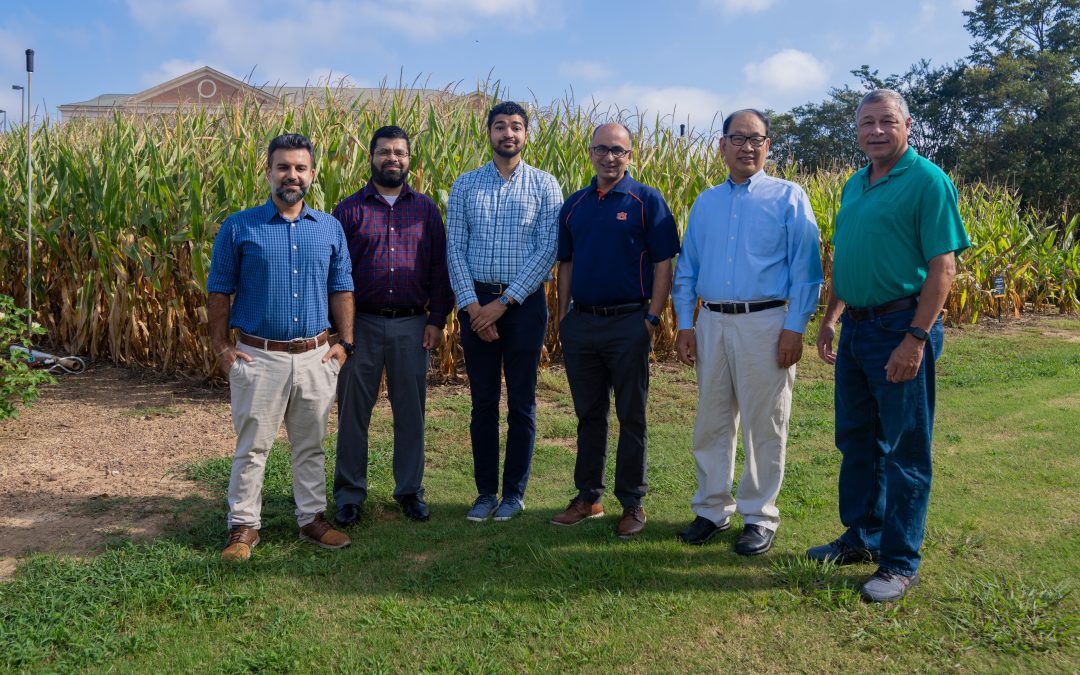
The Auburn University College of Agriculture and the Alabama Agricultural Experiment Station were awarded approximately $6 million from the U.S. National Science Foundation (NSF) for a four-year project entitled “Developing effective adaptation strategies to enhance...

Two researchers in the Auburn University College of Agriculture and the Alabama Agricultural Experiment Station are recipients of separate grants from the USDA-NIFA Agriculture and Food Research Initiative (AFRI), the nation’s leading competitive grant program for...
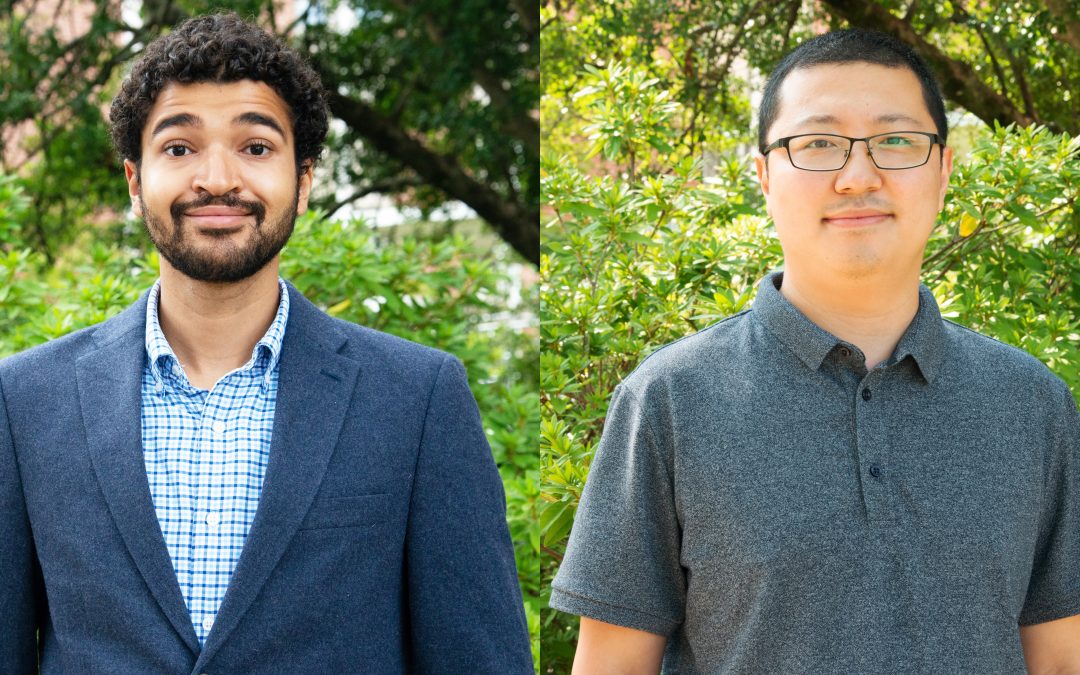
Two faculty members from the College of Agriculture’s Department of Agricultural Economics & Rural Sociology are being honored nationally for their published works. Assistant Professor Wenying Li has received the 2022 Best Economics Paper in Food Safety and...
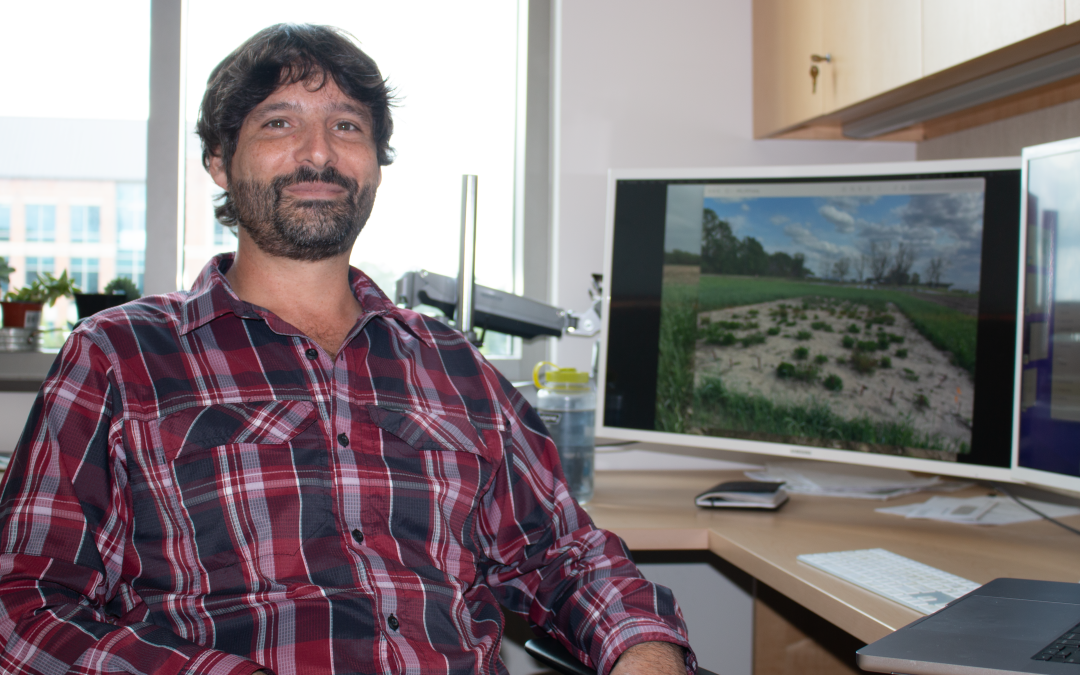
An Auburn University researcher’s project is part of a $16.2 million U.S. Department of Agriculture National Institute of Food and Agriculture (USDA-NIFA) effort to address breeding crops for the future. The Plant Breeding for Agricultural Production program area...
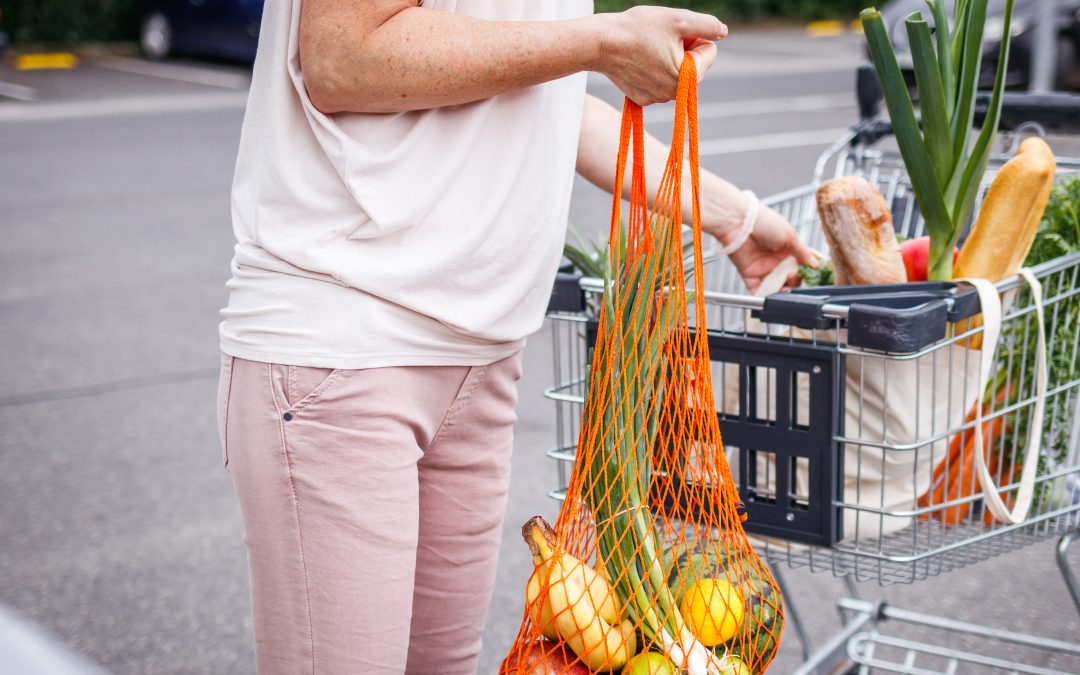
There’s lot of waste in this land of plenty, with an estimated 30% of the edible food produced annually in the U.S. being wasted. This amounts to more than 133 billion pounds and $160 billion worth of food, with a significant portion wasted at the consumer level. This...
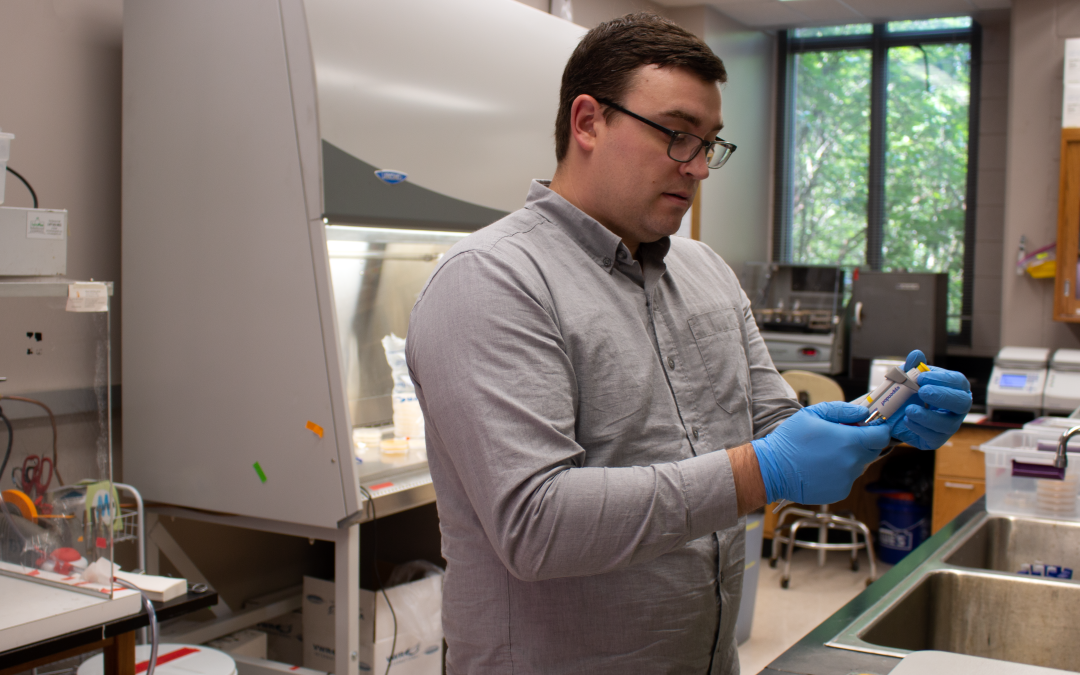
With scientific research and discovery occurring at a dizzying rate, it’s difficult to imagine there are frontiers yet to be fully explored, but the microbiome is one. While microbiomes have always existed, little is known about their function in plants and animals....
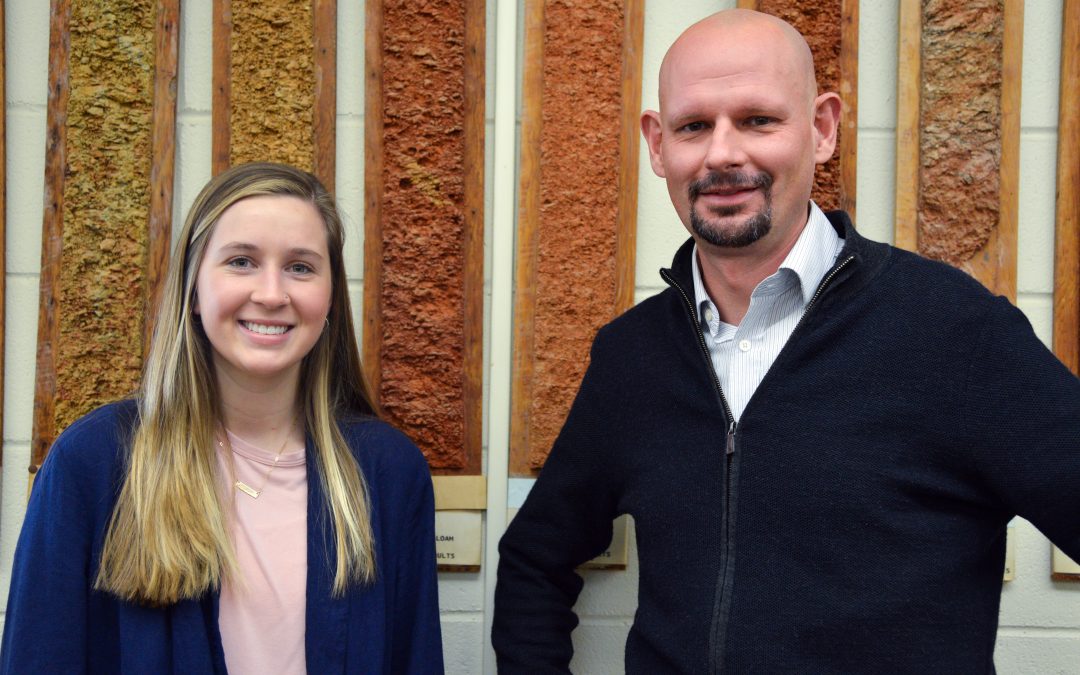
What happens in a wetland? It’s a simple question with a not-so-simple answer that Auburn University graduate student Olivia LeFevre started studying as an undergraduate under the direction of Associate Professor Thorsten Knappenberger. “I came to Dr. Knappenberger...

The agriculture industry in the United States is one of the most vulnerable to climate change because of its reliance on favorable weather. Because of this, an Auburn University researcher is seeking to fill a need for rigorous, quantitative evidence of how cover...
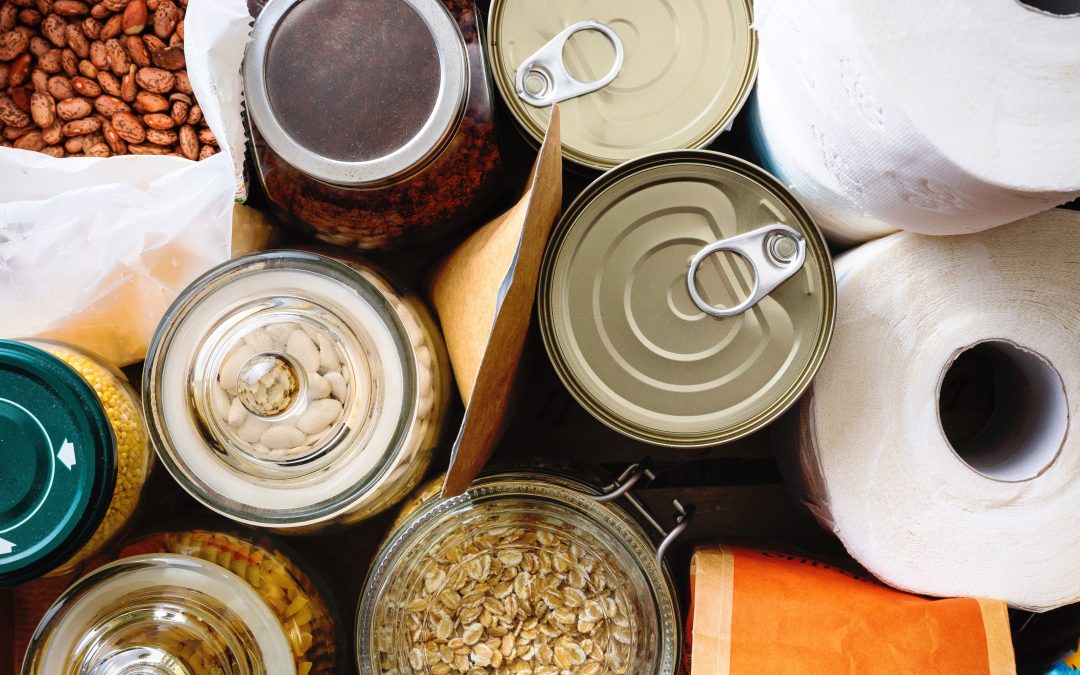
As Congress begins debating a new Farm Bill — including the Supplemental Nutrition Assistance Program (SNAP) — an Auburn University research project reveals one of the effects of stricter work requirements for participating in SNAP. SNAP provides nutrition benefits to...
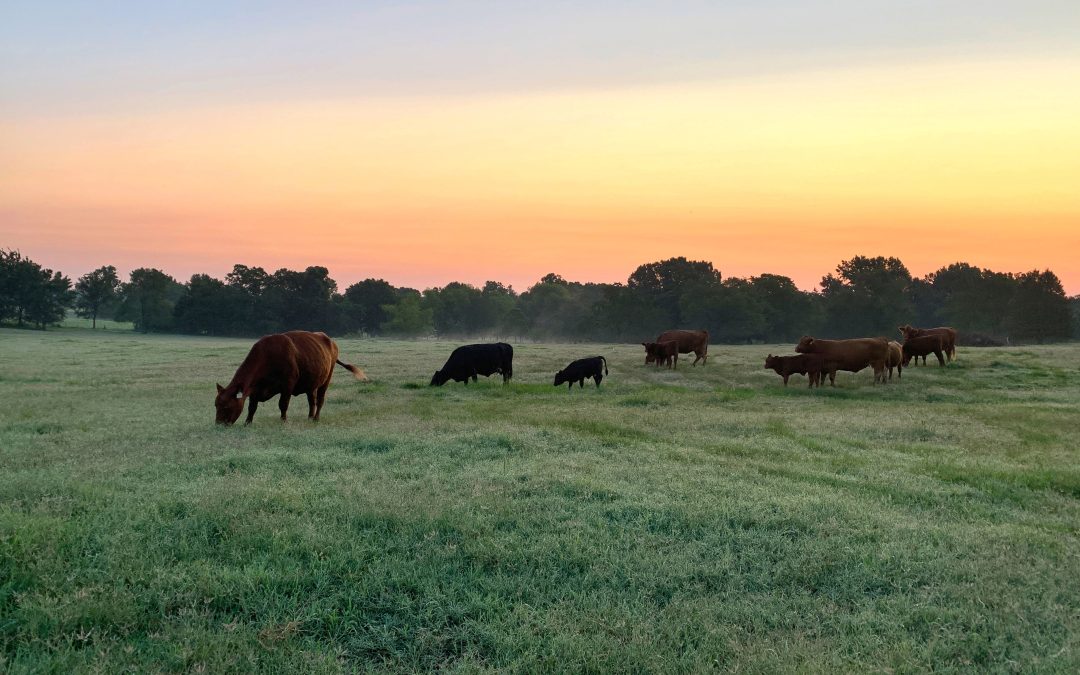
Auburn University is one of four U.S. universities to share in a nearly $2.8 million grant from the USDA’s National Institute of Food and Agriculture (NIFA). The award is part of the Agriculture and Food Research Initiative-Foundational Knowledge of Agricultural...

Fresh Alabama strawberries in November, December, January and February? It’s not as far-fetched as it may sound. In fact, research taking place at the Auburn University Alabama Agricultural Experiment Station (AAES) is showing great promise in growing strawberries in...

The National Oceanic and Atmospheric Administration awarded Auburn University’s Di Tian a two-year, $313,420 grant to develop improved long-term, high-resolution precipitation data over the United States. Tian is an associate professor in Auburn’s Department of Crop,...

By Rachel Damiani Assistant Professor Andre da Silva is conducting cutting-edge research on ways to grow hops in Alabama within Auburn University’s Department of Horticulture in collaboration with faculty, industry leaders and students. As an Alabama Extension...

Students in the Auburn University College of Agriculture excelled in statewide, regional and national competitions this fall. Below is a sampling of the prestigious awards garnered by deserving students in our college. Students place in national agronomy competition...

Research made possible by $650,000 USDA-NIFA grant By Adam Cletzer In the $1.5 billion U. S. aquaculture industry, largemouth bass production is a small fry. The fish’s unusually high mortality rate across all stages of production makes it a challenge for farmers to...

This week’s segment of the Everything Auburn podcast delves into the research of one of Auburn's rockstar professor experts, Amit Morey, and his work in improving the quality and safety of poultry products. Morey is an associate professor of poultry science in...

The U.S. Department of Agriculture (USDA) National Institute of Food and Agriculture (NIFA) has announced an investment of nearly $22 million in agricultural economics research that includes agricultural markets, international trade, farm labor, consumer behavior and...

While drones were initially used in agriculture primarily for collecting crop and field-condition data, Auburn University researcher Steve Li is leading an effort to explore how the small, remotely piloted aircraft can be used to apply pesticides and other farm...

Blueberry breeding and research at Auburn University received new support in the form of a $5.2 million award from the USDA Specialty Crops Research Initiative Program. Sushan Ru, an assistant professor and blueberry breeder in the Department of Horticulture, was part...

Auburn researchers look for drought tolerance The old adage of not being able to control the weather might be true, but Auburn researchers are looking for ways to at least mitigate the effects of drought on peanut production. The American Peanut Council has identified...

Farmers have a hard enough time battling the pests they can see. The ones they can’t see — like plant parasitic nematodes — present another challenge altogether. These worm-like, sometimes microscopic animals are major agricultural pathogens that attack Alabama crop...

The Auburn University College of Agriculture and the Alabama Agricultural Experiment Station were awarded approximately $6 million from the U.S. National Science Foundation (NSF) for a four-year project entitled “Developing effective adaptation strategies to enhance...

Two researchers in the Auburn University College of Agriculture and the Alabama Agricultural Experiment Station are recipients of separate grants from the USDA-NIFA Agriculture and Food Research Initiative (AFRI), the nation’s leading competitive grant program for...

Two faculty members from the College of Agriculture’s Department of Agricultural Economics & Rural Sociology are being honored nationally for their published works. Assistant Professor Wenying Li has received the 2022 Best Economics Paper in Food Safety and...

An Auburn University researcher’s project is part of a $16.2 million U.S. Department of Agriculture National Institute of Food and Agriculture (USDA-NIFA) effort to address breeding crops for the future. The Plant Breeding for Agricultural Production program area...

There’s lot of waste in this land of plenty, with an estimated 30% of the edible food produced annually in the U.S. being wasted. This amounts to more than 133 billion pounds and $160 billion worth of food, with a significant portion wasted at the consumer level. This...

With scientific research and discovery occurring at a dizzying rate, it’s difficult to imagine there are frontiers yet to be fully explored, but the microbiome is one. While microbiomes have always existed, little is known about their function in plants and animals....

What happens in a wetland? It’s a simple question with a not-so-simple answer that Auburn University graduate student Olivia LeFevre started studying as an undergraduate under the direction of Associate Professor Thorsten Knappenberger. “I came to Dr. Knappenberger...

The agriculture industry in the United States is one of the most vulnerable to climate change because of its reliance on favorable weather. Because of this, an Auburn University researcher is seeking to fill a need for rigorous, quantitative evidence of how cover...

As Congress begins debating a new Farm Bill — including the Supplemental Nutrition Assistance Program (SNAP) — an Auburn University research project reveals one of the effects of stricter work requirements for participating in SNAP. SNAP provides nutrition benefits to...

Auburn University is one of four U.S. universities to share in a nearly $2.8 million grant from the USDA’s National Institute of Food and Agriculture (NIFA). The award is part of the Agriculture and Food Research Initiative-Foundational Knowledge of Agricultural...